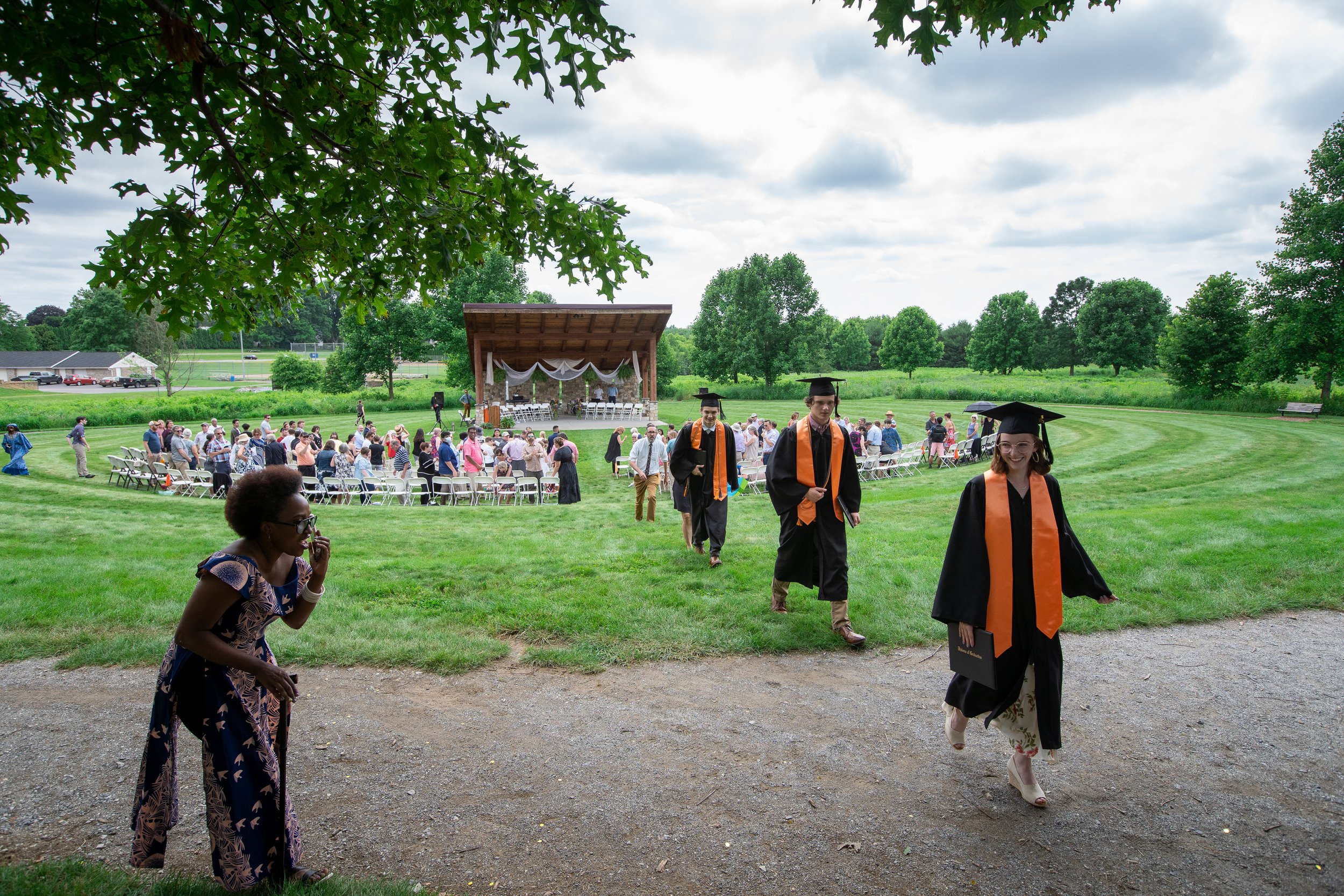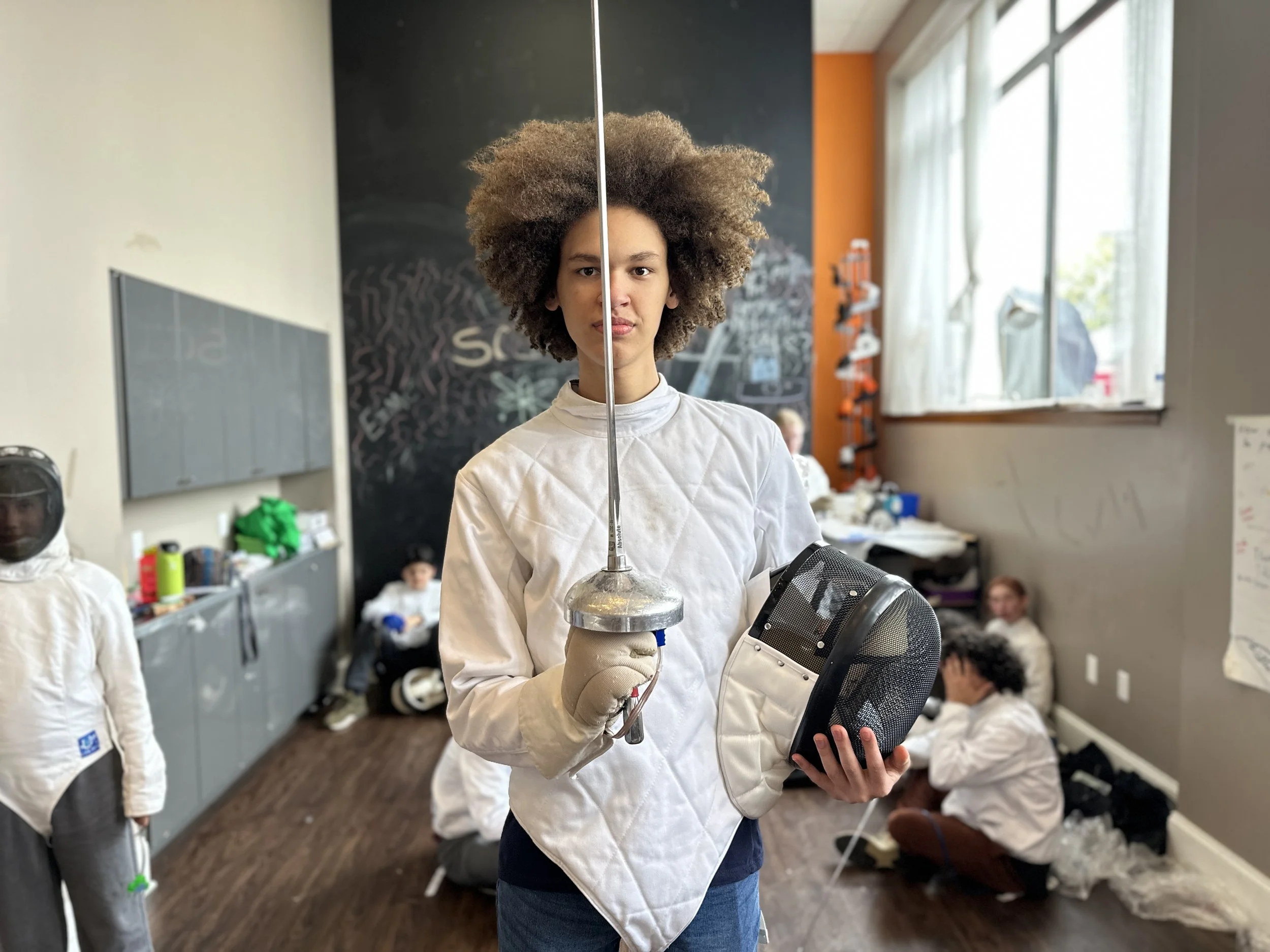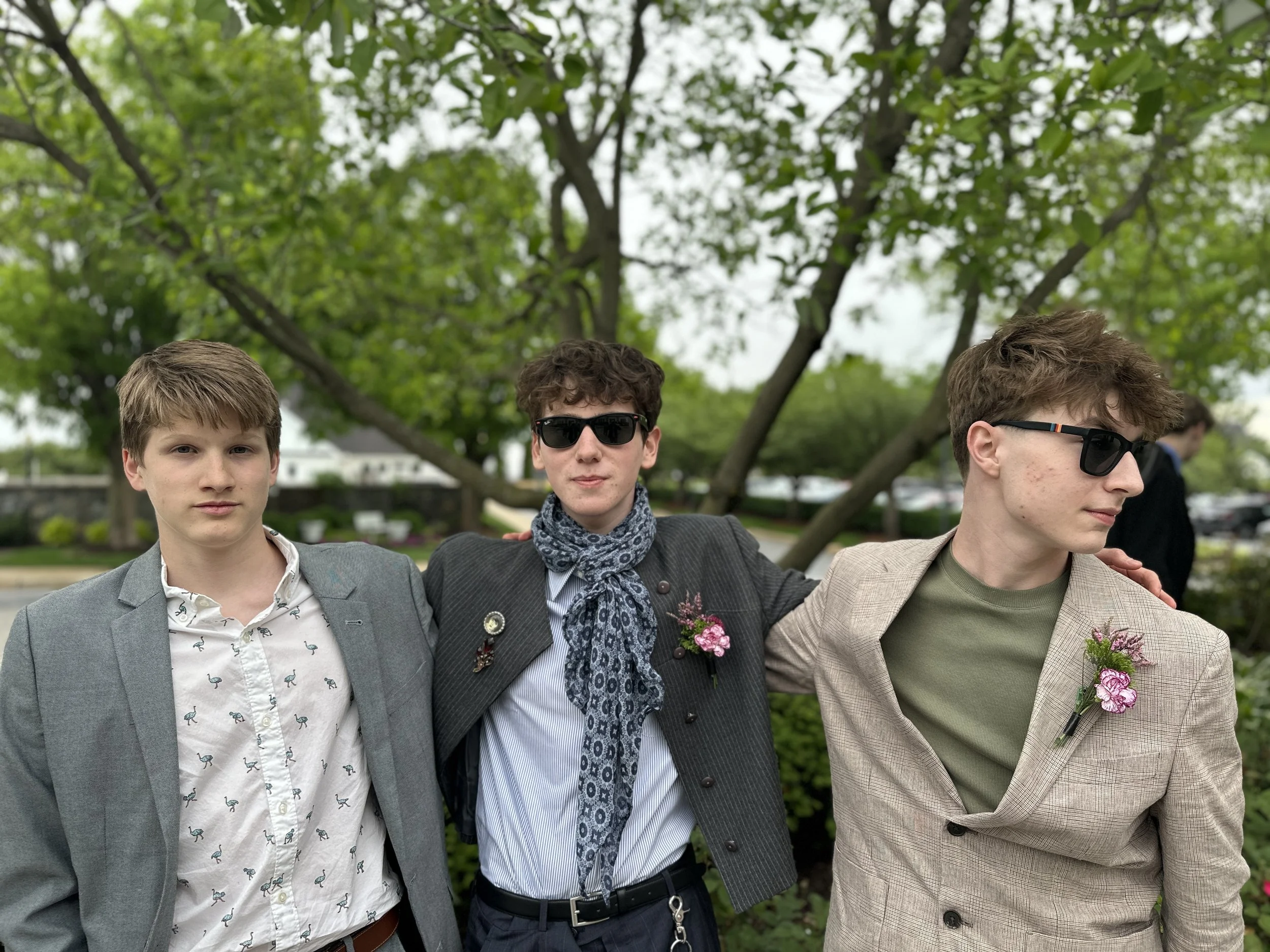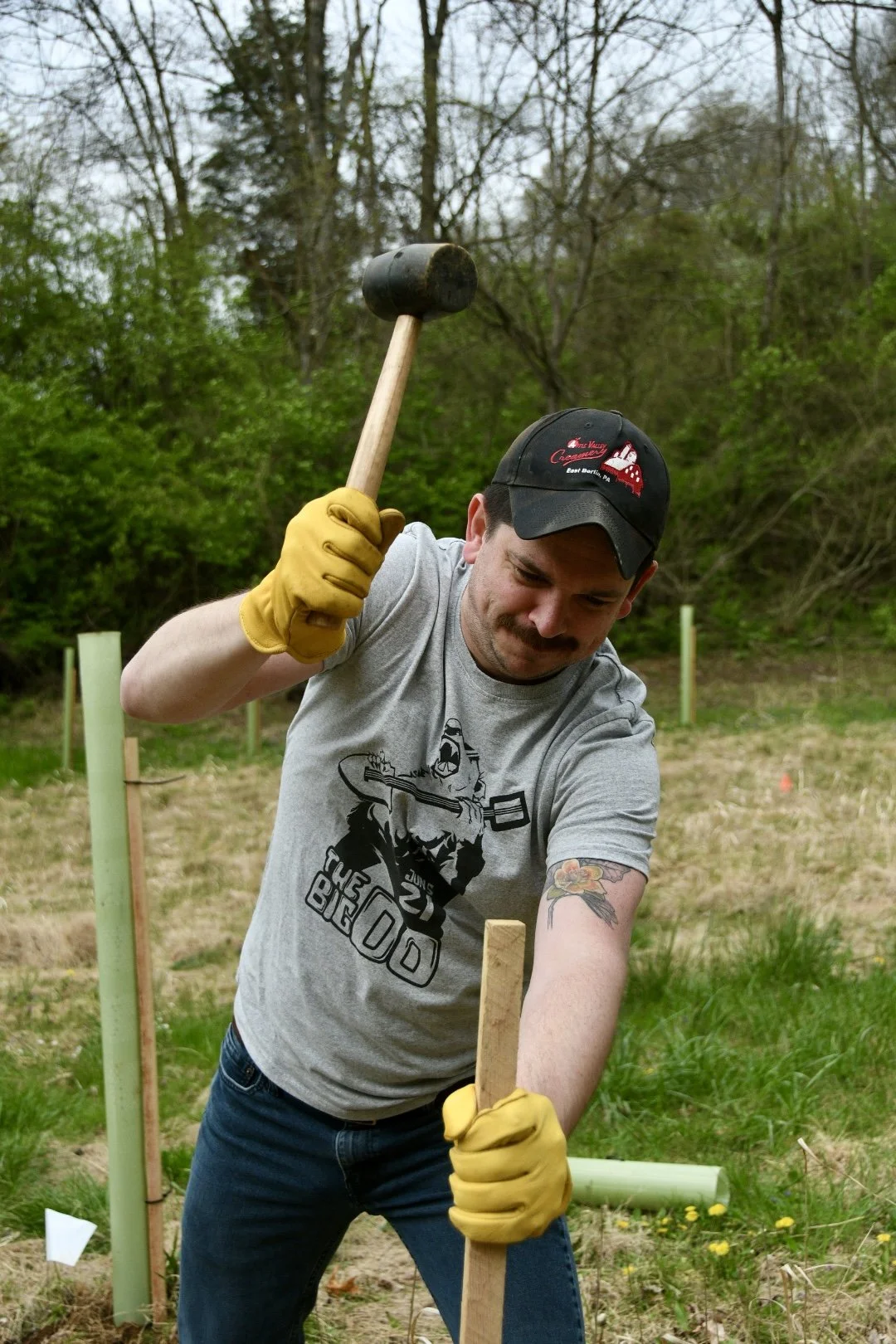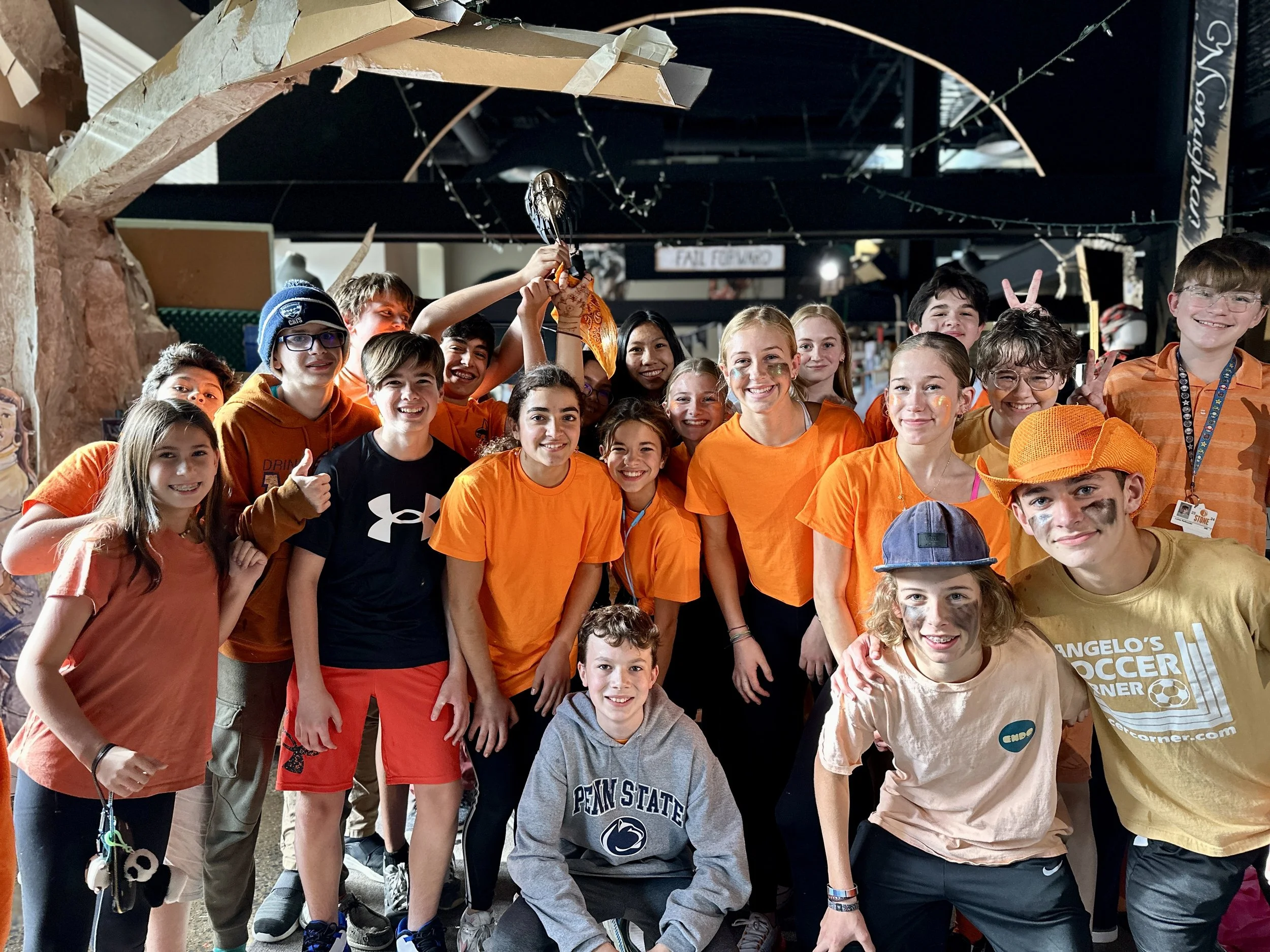THE STONE INDEPENDENT SCHOOL
We are Research.
We are Design.
We are Curiously Different.
We empower independent thinkers to lead by influence, solve complex problems, and change the world.
#ExploreEverywhere
The Stone Independent School is a progressive, interdisciplinary 7-12 school which believes that all students learn best by doing.
Problem-Based
Learning.
At Stone, we believe the practice of higher-order problem solving is the catalyst for richer and more meaningful learning experiences. Philosophically, our practices are grounded in the tradition of progressive education; our curriculum and our pedagogy is problem-based. We design for and measure deep learning, and we are anchored by competency-based assessment practices.
Stone students are deeply curious people who want to grapple and strive, who want to be challenged and to grow, who believe rigor is found in complexity, who want to have impact on their community and their world. Our students graduate Stone and matriculate to four-year colleges with stand-out experiences in academic research, STEM exploration and laboratory work, entrepreneurship, travel, and global education.
-
Our newly updated 25/26 School Profile is downloadable here!
-
The Portrait of a Graduate provides direction for our course development. The language of Stone’s Portrait of a Graduate began with faculty describing the hopes and the dreams we had for young people: what would really prepare them for the world into which they’d be released? What would make them independent, well-read, empathetic, creative, and curious? What kind of competencies could ensure effective problem-solving and activate imagination? What would make them strong logical thinkers and confident contributors? How could we decenter the “self” whilst simultaneously cultivating selfhood?
Our goal for all students is that they demonstrate evidence of proficiency or mastery in the core skills of each course they take; their proficiency is assessed through a culture of feedback as well as grading. All of it should align upward: the work our students do in their classrooms serves to help master the skills; the skills they practice enable them to respond to "Big Questions"; those questions serve as trailheads on their journey through the competencies in our Portrait of a Graduate; the Portrait of a Graduate empowers each of us to serve and execute our Mission.
1. Design Thinking. Interacting, reflection, collaborating, incorporating feedback, viewing failure as an opportunity to learn, and acknowledging that innovation requires small successes and frequent mistakes.2. Leadership and Teamwork. Initiating new ideas and leading through influence; facilitating group discussions, forging consensus, and negotiating outcomes; collaborating on tasks, managing groups, and delegating responsibility.
3. Rhetoric. Exhibiting excellence in writing, speaking, and reading across disciplines.
4. Risk-taking and Initiative. Bringing a sense of courage to unfamiliar situations; exploring and experimenting; working effectively in a climate of ambiguity; and cultivating an independence of spirit to explore new roles.
5. Civic Engagement. Applying personal communication skills, knowledge of political systems, and the ability to think critically about civic and political life to become engaged citizens.
6. Global Perspectives. Developing open-mindedness, particularly regarding the values and traditions of others; understanding non-western history, politics, culture, and religions; developing facility with one or more foreign languages; developing social and intellectual skills to navigate effectively across cultures; using 21st Century skills to address global issues.
7. Entrepreneurial Mindset. Using creativity and imagination to solve problems; recognizing and acting on opportunity; being capable of making decisions with limited information; remaining adaptable and resilient in conditions that are uncertain and complex.8. STEM Literacy. Identifying, applying, and experimenting with integrated concepts from science, technology, engineering and mathematics to describe and solve complex problems.
Intellectual property of The Stone Independent School. Last update: September 2024. -
Because we are a problem-based school, our students encounter complex (or "wicked") problems throughout the work they do. We empower our students to grapple with complex problems by supply them with four core problem-solving frameworks:
Systems Thinking
Design Thinking
Entrepreneurial Mindset
The Aristolean Triangle
-
Prior to commencement, Stone students are required to earn six credits in foundational English courses (9th and 10th grade), six credits in foundational History courses (9th and 10th grade), 12 credits in Upper Level Humanities courses (11th - 12th grade), 10 credits in mathematics courses, 10 credits in lab science courses, 2 credits of in the arts, and advance past Level III of a world language. In addition, Stone students must complete two credits of Entrepreneurial Thinking (9th and 10th grade), and three Exhibition Courses: The BCQ (10th grade); Junior Workshop (11th Grade), and Senior Defense (12th grade).
Stone students have a wide variety of courses to choose from. See our Course Selection Guide here, and see below for just a few examples:
Multivariable Calculus
Music Theory
Dance Composition
Chinese Folktales and Ghost Stories
Ecology and the Environment
The Science of SCUBA
Waves, Sound and Quantum Mechanics
Andean Mythology
Islam in America
How to Read a Film: An Introduction to Film Criticism
Advanced Humanities: Bildungsroman
-
STEM Honors. By invitation/application only. Students in STEM Honors engage in a year-long independent and novel research project that is largely conducted outside of school hours. They are required to produce significant academic artifacts and meet regular deadlines to be allowed to remain in the program and to exhibit on Honors Night. Students who earn STEM Honors will have that achievement designated on their transcripts, as well as be recognized at Commencement.
Humanities Honors. By invitation/application only. Students in Humanities Honors in a self-directed and research-based project outside of the ordinary course offerings of the department. The program requires students to be inquisitive, exploratory, experimental, and bold and exhibit evidence of the most difficult application of the skills-centered work we practice at Stone. Students who earn Humanities Honors will have that achievement designated on their transcripts, as well as be recognized at Commencement.
Global/Experiential Education Program. Woven into our 7-12 curriculum. We believe that offering meaningful opportunities for students to dive deeply into academic, social, and cultural learning outside of our our regular coursework cultivates curiosity, empathy, identity, and confidence. We also believe strongly in the power of reflection that experiential learning provides. Several of our students have identified future areas of post-secondary study through our experiential education programs. Recent trips have including spelunking, marine research on a sailboat in the Bahamas, Patagonia rewilding, Icelandic earth science research, and National Parks trekking trips.
Leadership Education Ecosystem.
The Big Curiosity Quest (Sophomore Year). The Big Curiosity Quest. Required for 10th grade students. Born in the spring of 2020 when Stone used the necessary pivot to distance learning to temporarily re-write our curriculum into an interdisciplinary inquiry-based experience, the BCQ is now a one-Mod research course where students are asked to respond to a single, interdisciplinary question in the form of public presentation and exhibition of synthesis. This course requires an intentional practice of being curious, an emphasis on process, and the ability to unpack difficult concepts.
Junior Workshop. Required for 11th grade students. The Junior Workshop is a two-Mod course for which eleventh-grade students create knowledge, insight, beauty and/or function by executing a project which arises out of their own passions. The project requires significant research, but a student’s product may not be a report on this knowledge: they must bring something new into the world. Students are evaluated on their original research, product design, and project management skills. Students must give a 15-minute presentation followed by a 15-minute Q&A from a Faculty Panel to complete the course.
Senior Defense. Required for 12th grade students. Senior Defense is a significant research project that serves as a synthesis of learning, and the defense of a student’s academic and intellectual growth during their time at Stone. Senior Defense is different from a capstone project in that a student is given a personalized question to which they respond in depth. Pre-advising for the question takes place from October to December, questions are sent in March, and in June students must deliver their final response during a 30-minute presentation, defending their process and “product”, followed by a 30-minute Q&A with a Faculty Panel.
Comprehensive, Multi-Year Entrepreneurial Thinking Program. The Stone Independent School is the first school in our region to offer a comprehensive, multi-year, entrepreneurial program. Students are required to take Entrepreneurial Thinking I & II, and they are expected to apply an “entrepreneurial mindset framework” to all challenges they encounter during their time at Stone. We ask them to recognize and act on opportunity, practice making decisions with limited information, and remain adaptable and resilient in conditions that are uncertain and complex.
Physics-First, Integrated Sciences Program. Our 9-11th science program is a physics-first, integrated sciences program, wherein students take physics, chemistry, and biology lab courses each year. Ninth-grade students also take a required science data and measurement course called Structured Curiosity.





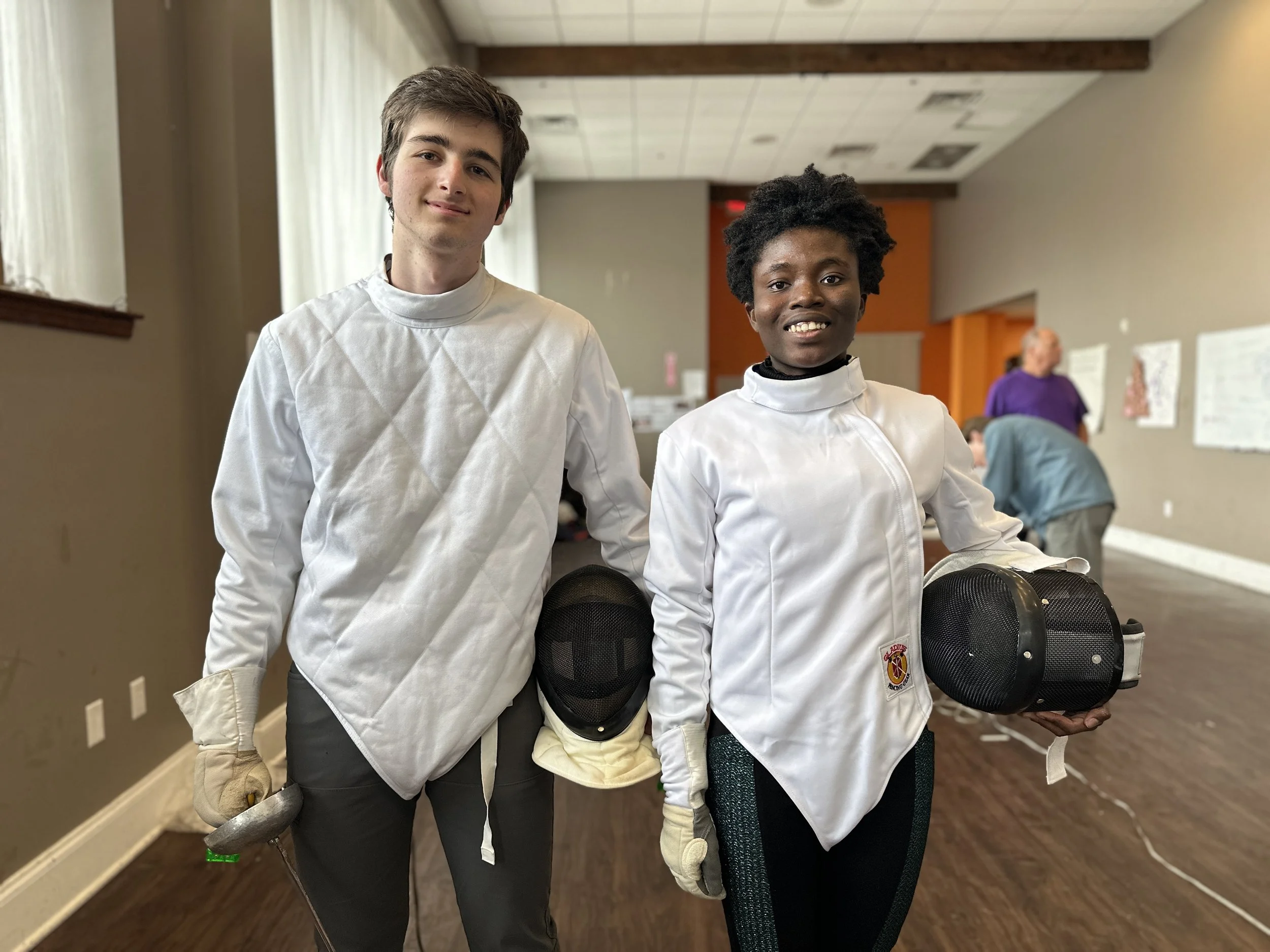
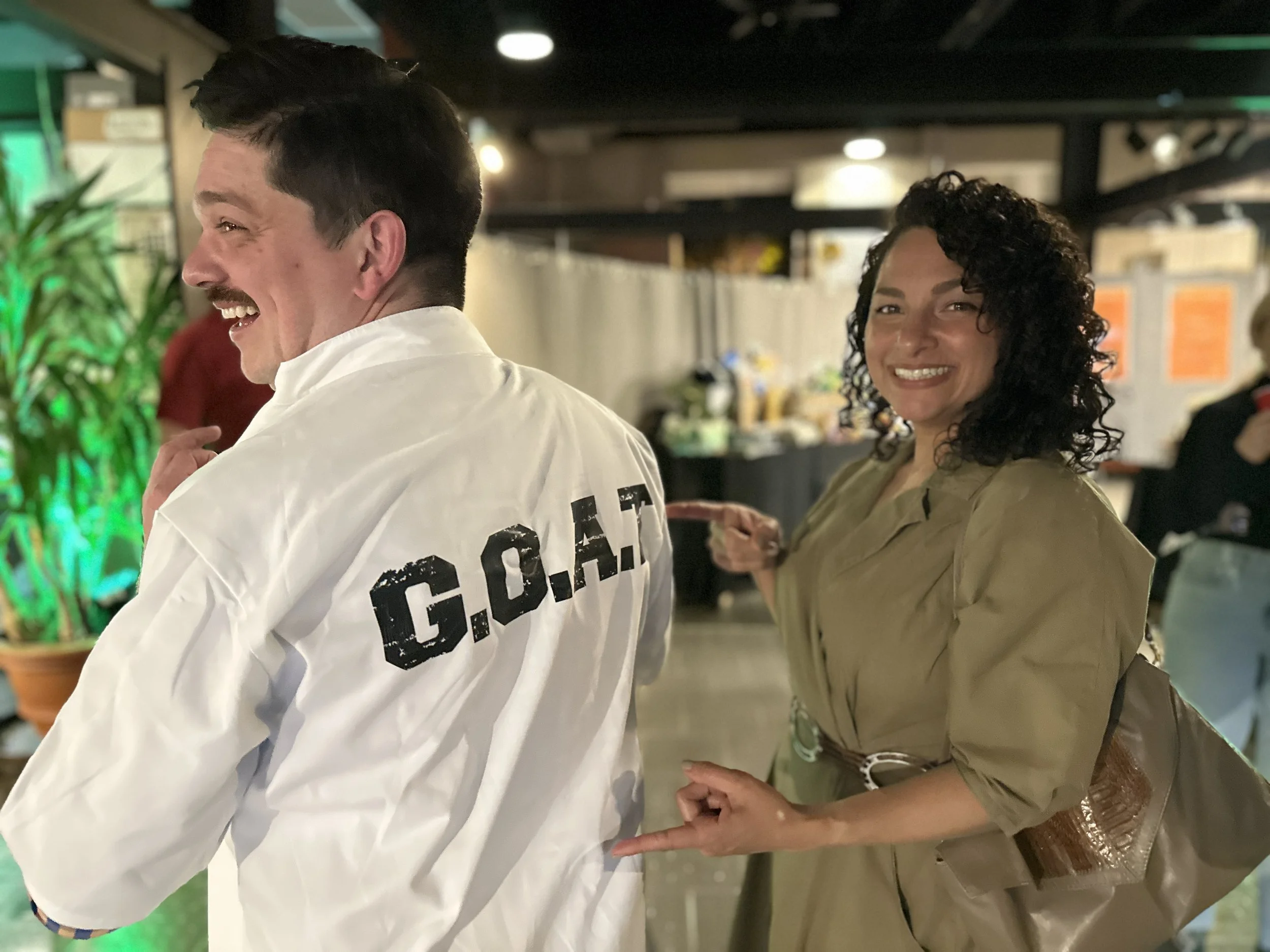
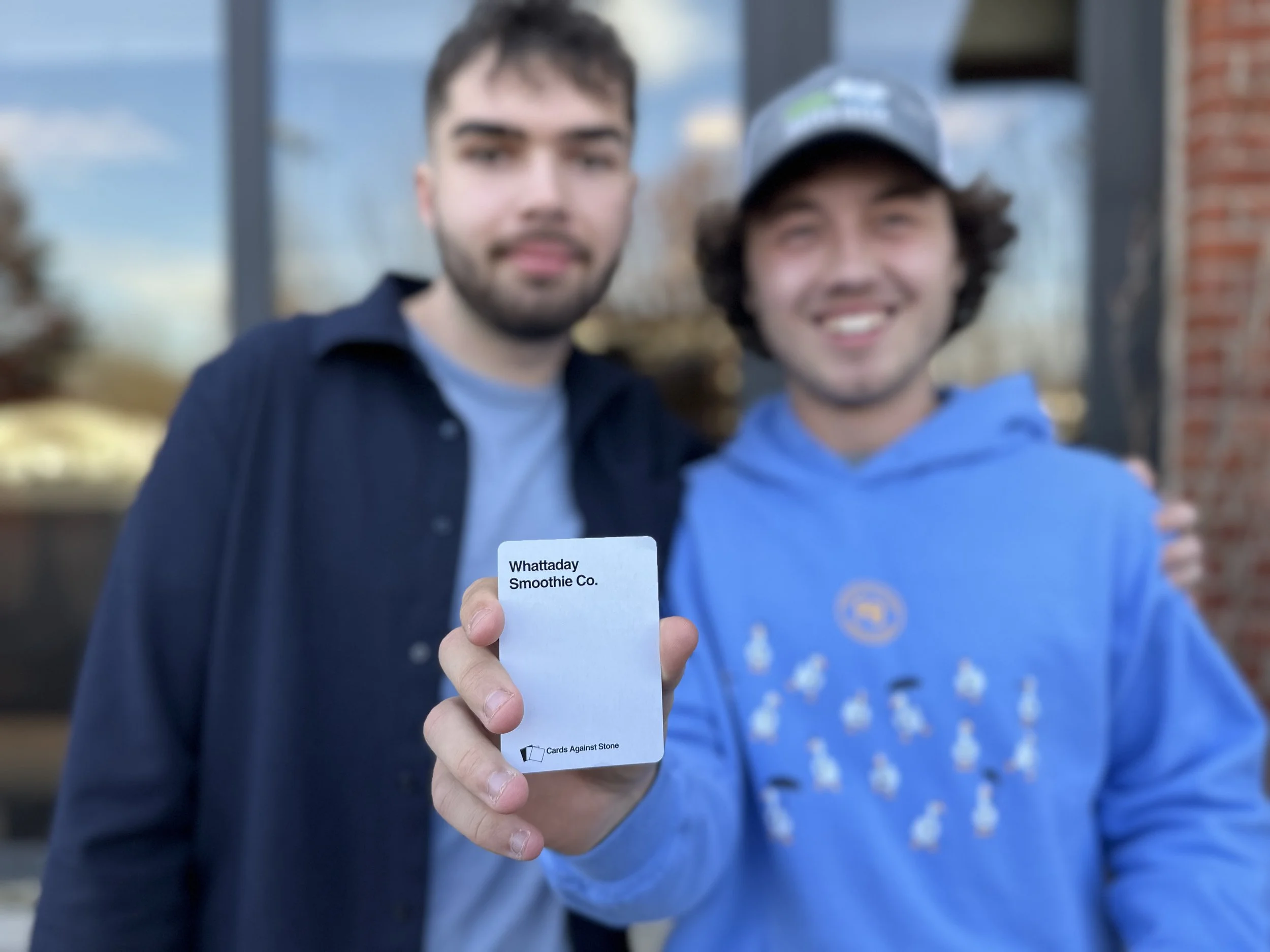
Our
Mission.
The Stone Independent School is a progressive, interdisciplinary 7-12 independent school which believes that all students learn best by doing.
It is our mission to graduate students who are prepared for college and prepared for a world beyond college, who practice empathy, ethicality, vulnerability, and gratitude, and who are committed to making the world a measurably better place.
Middle
School
We believe Middle School should be a period of exploration, curiosity, wonder, and capacity building.
-
Over their two years in our Middle School program, students will take two years of humanities, mathematics, and science classes, as well as partial-year classes in performing arts, visual arts, STEAM, and Chinese language instruction. Stone Middle School students also have the opportunity to participate in the annual Middle School overnight retreat, and in our Leadership Cohort, on all trips within our Experiential Education Program, and all of our athletic programs.
Upper
School
Curriculum is designed to nurture curiosity and agency, while ensuring each student acquires the skills they need to be engaged citizens and successful academic thinkers.
-
For an in-depth look at the many classes our Upper School students take over the course of their academic career at Stone be sure to look at our 2025-2026 Course Selection Guide right here.

We design for and measure deep learning —anchored by competency-based assessment practices. Stone students are co-architects of their education.
The Facts.
Faculty
75% with Advanced Degrees
Students
105 students from Lancaster, Reading, Hershey & York
Size + Ratio
Average Grade-Level Size: 20 students
Student-Faculty Ratio: 5:1
Global Education
Last year, 50% of our students participated in experiential education.
Tuition + Financial Aid
24/25 Tuition Rate: $18,500
Proudly a “need-blind” school: That means that we meet 100% of the demonstrated need of all accepted students. Approximately 50% of our student body receives some form of financial aid — since 2017 we have awarded more than $2M in aid to our community.
Driven by feedback.
